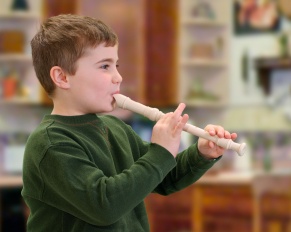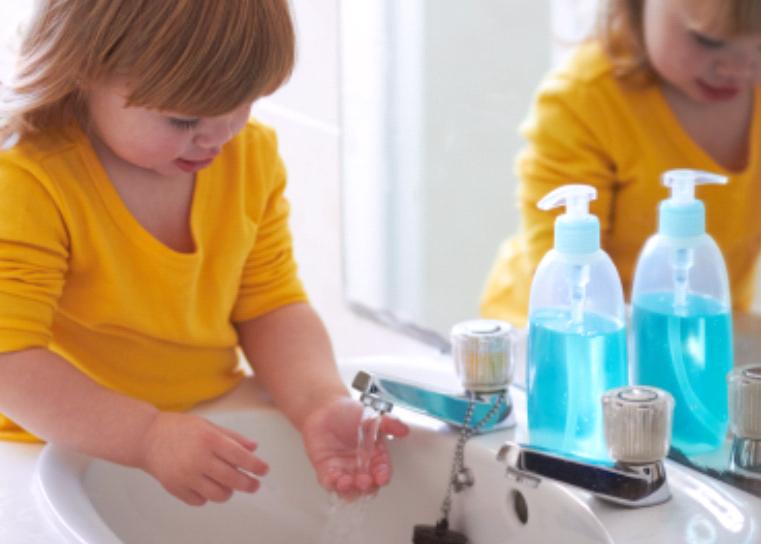Playing an instrument has been widely acknowledged for its numerous benefits in the psychological development of children. As a result,…


Playing an instrument has been widely acknowledged for its numerous benefits in the psychological development of children. As a result,…

Bringing a newborn home from the hospital may be a frightening experience for parents as they navigate the first few…

Kids and the outdoors—they just go together! Study after study has proved that children who spend time playing, running, jumping, and doing all manner of other fun and physical activities outdoors do better in school and have fewer emotional upsets than those who don’t. But, as a parent, you know that the great outdoors carry their own safety issues that aren’t so great. And no one knows this better than teachers, which is why top teachers in New Jersey have compiled the following outdoor safety tips for kids that will help parents and kids alike know how to manage their outdoor activities safely.

Kids love to snack. In fact, after they get out of school, it’s often foremost on their minds … grabbing a snack and heading off to a fun after-school activity. But as a parent, it’s a foregone conclusion that you don’t relish your kids snacking nearly as much as they do. All those sugary, unhealthy snacks wreak havoc on their teeth, their bodies, and even their minds. And with all the refined, processed snacks out there these days, it can be hard sometimes to find snacks that are good for them. If you’re a teacher, you watch kids eat unhealthy foods every day for lunch, likely because many parents have a hard time coming up with healthy snacks their children will actually eat rather than toss out or trade for something that tastes better. Here are some healthy snack ideas for kids from top teachers in New Jersey that will keep your children from trading health for taste.
 Nothing saps your energy and keeps you from feeling your best like a head cold, no matter what the time of year. Colds can come at any time, and flu season typically runs from October through May, peaking in February. You must be proactive to help your kids understand how to develop healthy habits.
Nothing saps your energy and keeps you from feeling your best like a head cold, no matter what the time of year. Colds can come at any time, and flu season typically runs from October through May, peaking in February. You must be proactive to help your kids understand how to develop healthy habits.
As soon as your child is old enough to understand that “germs are not our friend”, you should encourage your child to do the following:

When you are not feeling up to par, there are a few solutions available to remedy the situation: 1) you wait it out and hope it goes away; 2) you Google to find the answer (and sometimes you feel worse after reading what those symptoms might really be; or 3) you take yourself to the doctor.
Babies and pets are the only ones who must suffer in silence because they are unable to tell you they don’t feel well. An astute parent, or pet parent, notices a not-so-perky or listless demeanor or crying/whining and that is all you have to go on.
Toddlers or children are more vocal. They’ll come up to you and say “I’ve got a tummy ache” and will point a chubby finger around the area of their bellybutton. Well, that doesn’t help much, so, it is up to you to play detective and decide if the malady warrants a trip to the pediatrician, or even the E.R., or just a few days spent in bed. Pain that is generally located around the center of the abdomen, or the bellybutton is considered “simple” abdominal pain.